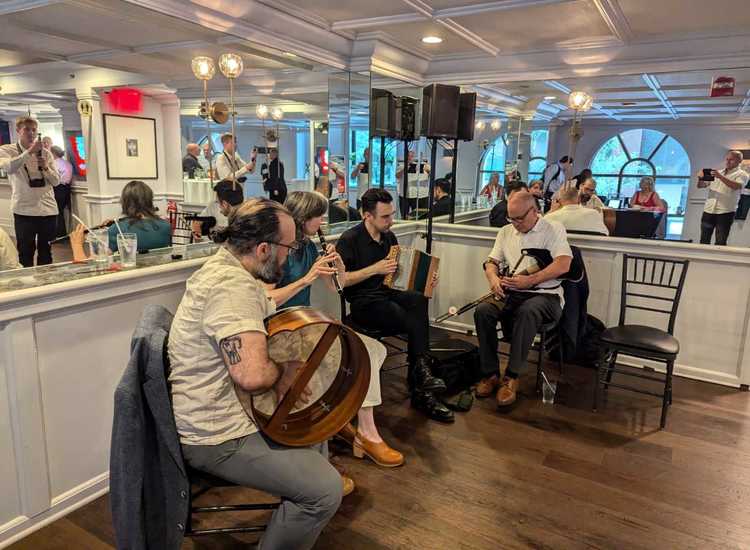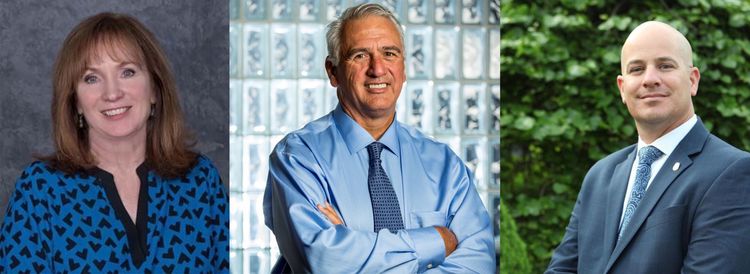[caption id="attachment_69630" align="aligncenter" width="600" caption="Mitt Romney."]
Four years ago I wrote a couple of columns analyzing the various contenders at the time for the Republican nomination for the presidency.
The first article dismissed the importance of a number of relatively unknown candidates like congressmen Tom Tancredo of Colorado and Duncan Hunter of California and perennial candidate, Alan Keyes.
Keyes, readers might recall, was the sacrificial lamb offered by the Illinois GOP to run against an articulate state legislator named Barack Obama for the United States Senate in 2004, this after an earlier selected candidate withdrew upon charges of sexual improprieties.
I also seriously doubted the prospects of the candidacy of Congressman Ron Paul, but did feel that he had an important mission in presenting the libertarian perspective on issues. His success in that mission has paid off as evidenced by the even greater following he has attracted this time around, although I am sure he doubts he will gain the nomination or will undertake a third party candidacy.
Other candidates I thought unlikely to succeed were the winner of the 2008 Iowa caucus, Governor Mike Huckabee, and former New York mayor, Rudy Guiliani.
As a national candidate, the ordained minister Huckabee would have been easy picking for a liberal media that even poked fun at the religious zeal of candidate Jimmy Carter, while Guiliani's social liberalism and personal marital imbroglios would have turned off much of the Republican heartland outside of New York.
Of the three remaining candidates: Senator (and television actor) Fred Thompson, Governor Mitt Romney, and Senator John McCain, Thompson's following seemed limited to the South and Romney appeared to have all the weaknesses of successful businessmen when turning to politics.
I favored McCain because of his conservative position on a number of issues, especially social questions, and thought his age should not be a deterrent to election. Alas, he proved disappointing, turning out to be as ineffective a candidate as Robert Dole in 1996.
How about this year?
Interesting, not as a serious candidate, but as a political phenomenon, was the businessman, Herman Cain. A well-spoken African American championing conservative positions, even if not the nominee, and drawing even a relatively small amount of that community away from an instinctive adherence to the Democratic Party could have a significant effect in a close election.
No wonder the liberal media was so incensed at this challenger to their assumption that African Americans will always toe the Democratic line. The African-American vote in California against gay marriage should have taught them otherwise.
At any rate, accusations by a number of women, including one from Chicago, that epicenter of hardball politics, brought down Cain's candidacy. However, the reality of a conservative African-American following fired up by the Cain candidacy hasn't disappeared.
The field of candidates rapidly narrowed with the poor caucus/and or primary performances by Congresswoman Michelle Bachman, Governor Rick Perry, and Governor John Huntsman. Only four were then left: Mitt Romney, Newt Gingrich, Rick Santorum, and Ron Paul.
Many believe that the intensified campaign between them will draw so much blood as to guarantee Obama's easy re-election.
Irish commentators seem to think so.
They also buy into the Obama rhetoric about the need to tax the rich. Few realize that the increased taxation of the top one or even five per cent would barely make a dent in the national debt and the insufficient return would then be justified to extend increases to rest of the slightly more than half of the population who are taxpayers.
Obama's talk about the top one percent not being taxed enough seems to contradict the massive amount of financial support his re-election campaign receives from the same quarters. Of course, the administration also draws enormous support from public service unions, including the teachers, who are the beneficiaries of the various government stimuli.
In Ireland, on the other hand, the government is trying to keep income and corporate tax down and reduce public payroll in the pursuit of fiscal rectitude and economic recovery.
But to get back to the American campaign. A bitter nomination struggle need not be fatal, especially if takes place in the out of office party. Think of the often dirty tactics and bitterness in the quest for nomination among the Democrats: John F. Kennedy, Hubert Humphrey, Lyndon Johnson, and Adlai Stevenson in 1960, or of the down-to-convention struggle between Robert A. Taft and Dwight Eisenhower for the Republican bid in 1952, and, of course, the Hillary Clinton-Barack Obama contest four year ago.
All of these were followed by final electoral success by the nominee.
Of course, helping the challenging party in 1952 and 2008 was a widespread desire for change and unpopular incumbents, Harry Truman and George W. Bush, not running for re-election.
Mitt Romney is probably still the favorite. However, the recent rebirths of the Gingrich candidacy, the more conventional conservatism of Senator Santorum, and the libertarianism of Ron Paul, will tilt the debate in a rightward direction and make Romney a more vigorous national campaigner than the more carefully primed candidate he has been. In other words, he will be less likely to be a John McCain or a Robert Dole.
Very little though has been given to the possibility that the Republican candidate will be a Catholic, which would be the case were it to be the relatively recently converted Gingrich, or the life-long Catholic Santorum.
In fact, if the struggle becomes such that the party has to turn to another, "brokered" or compromise candidate, the logical choice might be yet another Catholic, former Florida Governor Jeb Bush, who has the added campaign advantage of his wife being Hispanic.









